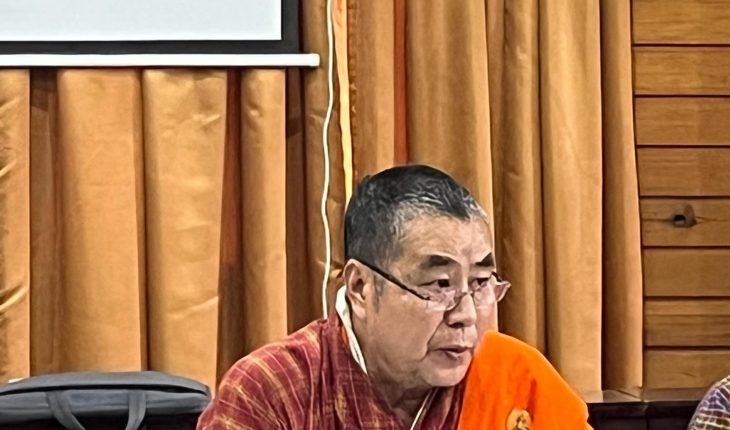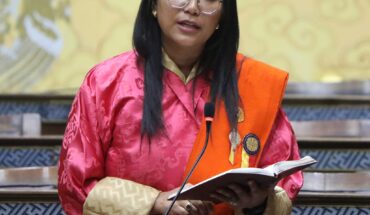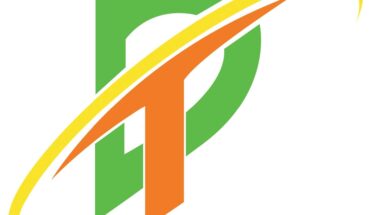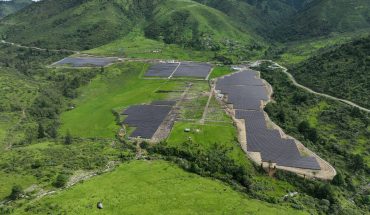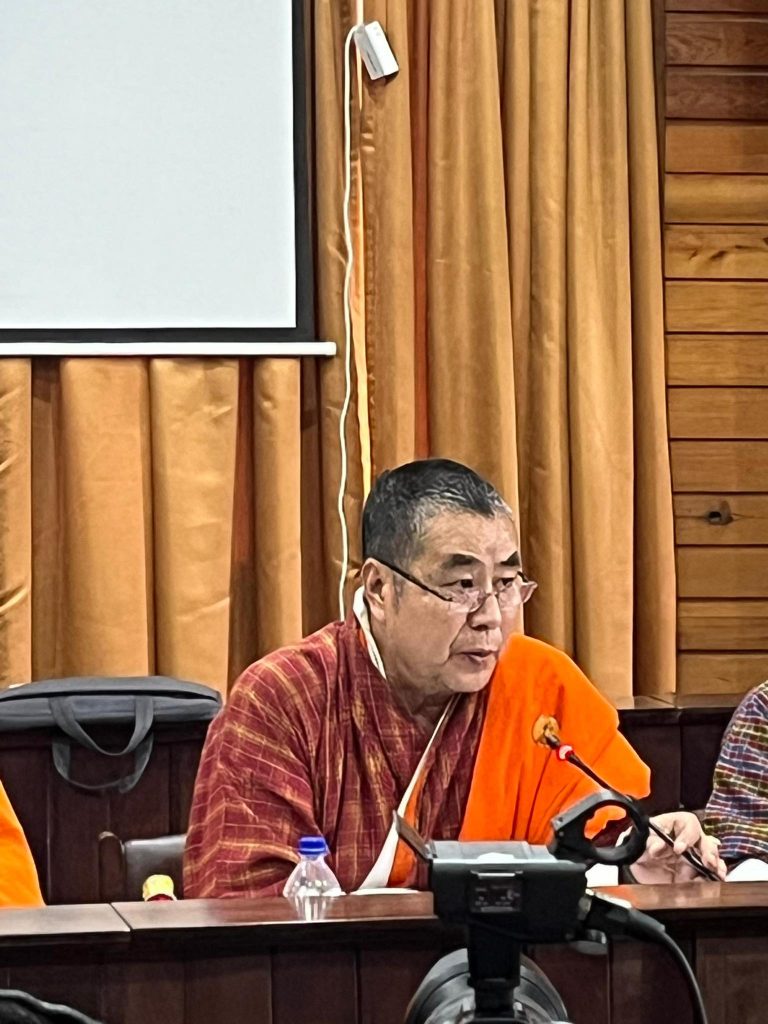
KINZANG DORJI TSHERING | Thimphu
The Ministry of Health is finalizing the revised Ex-Country Referral Guidelines, 2nd Edition 2025, with the aim of providing Bhutanese patients with timely, safe, and high-quality treatment abroad while ensuring the referral system is equitable and efficient.
At the meet the press session on 29th August, Health Minister Lyonpo Tandin Wangchuk emphasized that the revision is both timely and necessary given the high costs and increasing demand for advanced medical care outside Bhutan.
“The main objective of this revision is to ensure that our patients receive timely, safe, and high-quality treatment in empanelled hospitals abroad, while also making the best use of public resources,” Lyonpo said.
He added that the initiative is also about ensuring better success rates in referred cases and greater equity in access.
The government currently spends an average of Nu. 586,345 per patient on ex-country referrals. Despite the costs, around 85 percent of patients fully recover after treatment abroad.
Records from the National Medical Services show that during the Fiscal Year 2024–2025, a total of 1,245 patients — 637 female and 608 males — were referred abroad, costing the government approximately Nu. 730 million.
These figures, MoH said, highlight the critical importance of ensuring that resources are allocated effectively and that patients have access to the most appropriate care.
One of the key proposed changes is the expansion of eligibility for kidney transplant recipients.
The current age limit of 65 years is proposed to be raised to 70, allowing more elderly patients undergoing dialysis to benefit.
In addition, ABO-incompatible and SWAP kidney transplants are being introduced to improve donor–recipient compatibility and reduce waiting periods, which often extend for months or even years.
The draft also includes advanced procedures such as Bone Marrow and Stem Cell Transplants for blood cancers and immune system disorders.
Clinical data shows survival rates of 85 percent at one year, 65 percent at five years, and 58 percent beyond five years for patients undergoing these procedures.
Liver transplants for non-alcoholic liver failure are also under consideration, reflecting global success rates of 90 percent at one year and 70 percent after a decade.
Similarly, Transcatheter Aortic Valve Replacement (TAVR), a minimally invasive procedure for treating aortic stenosis among patients aged 65–75, is being proposed.
Meanwhile, the proposed changes have sparked positive discussion among the public.
Sangay Choden, a Thimphu resident, welcomed the revisions, noting that extending the age limit for kidney transplants would give older patients hope for a better quality of life.
She emphasized that while the expanded eligibility may increase costs, “health is priceless, and the government should support it.”
She also stressed the importance of introducing advanced procedures such as bone marrow transplants and TAVR, saying these interventions could save lives that would otherwise be untreatable in Bhutan.
Sangay added that increasing the Daily Subsistence Allowance (DSA) to Nu. 400 per day for patients and attendants, aligned with the National Minimum Wage, was a positive step.
However, she suggested that allowances should be reviewed regularly to reflect actual expenses abroad.
Tashi Dorji, another citizen, highlighted the need for transparency and fairness in the referral process, suggesting that decisions should be based solely on medical need rather than influence or connections.
He also pointed out that while ex-country referrals remain essential, Bhutan must continue to invest in domestic medical infrastructure and specialists so that more treatments can be performed locally in the long term.
Currently, patients receive a DSA of Nu. 150 per day and attendants Nu. 125, which are often insufficient to cover basic expenses abroad.
The proposed increase to Nu. 400 is intended to ease financial burdens on families, allowing patients and caregivers to focus on recovery without being overwhelmed by costs.
Bhutan’s first referral guidelines were introduced in 2007, with revisions in 2012 and 2017.
The 2017 guidelines limited kidney transplant eligibility to those under 65 years and did not include advanced procedures like bone marrow transplants.
As medical technologies evolved, health officials recognized the need for broader eligibility and additional treatments, leading to the current revision.
Regional comparisons show that neighboring countries such as India and Nepal have updated their referral systems over time.
India has increasingly integrated advanced procedures like TAVR and liver transplants into its domestic health system, while Nepal continues to rely heavily on Indian hospitals for specialized care.
Bhutan’s revised guidelines aim to provide patients access to advanced care abroad while gradually building capacity at home.
Health Minister Lyonpo Tandin Wangchuk reiterated that the proposed revisions are still at the draft stage and under careful scrutiny.
However, if approved, it would mark one of the most significant overhauls of Bhutan’s ex-country referral system in recent years.
By expanding eligibility, introducing advanced procedures, and increasing financial assistance, the Ministry hopes to improve clinical outcomes and ensure fairness in access, while also promoting the efficient use of public resources.
Officials emphasized that the revision reflects a commitment to strengthening patient safety, improving survival rates, and meeting the evolving health needs of the Bhutanese population.
At the same time, the high cost of referrals underlines the importance of gradually developing domestic medical facilities, so that fewer patients need to travel abroad for advanced treatments.
The proposed guidelines have been welcomed by many citizens who see them as a positive step forward.
With the final guidelines still under review, the Ministry aims to finalize the revisions after incorporating feedback and ensuring that both patient safety and equity remain central to the referral process.

